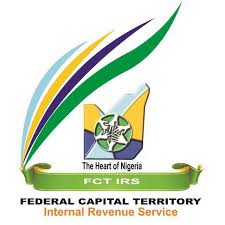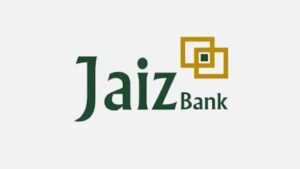Nigeria’s exchange rate strategy discourages investors, increases inflation —World Bank
The World Bank says the Nigerian government’s exchange rate management policies are discouraging investments and fuelling inflation in the country
The bank disclosed this in the November edition of its Nigeria Development Update.
While highlighting the role of the Central Bank of Nigeria in exchange rate stability, the World Bank said there had been intense pressure on the naira, with the CBN constantly raising the nominal official exchange rate.
It added that the CBN’s foreign exchange management system was too rigid, with the system driving inflation in the country.
The report read in part, “The government’s exchange rate management policies continue to discourage investment and fuel inflation. Exchange rate stability is a key CBN policy objective, and to preserve its external reserves the CBN continues to manage FX demand and limit the supply of FX to the market.
“Pressure on the naira remains intense, and while the CBN has raised the nominal official exchange rate three times since the start of the pandemic (by 15 per cent in March 2020, five per cent in August 2020, and seven per cent in May 2021), FX management remains too rigid to respond to external shocks. Meanwhile, exchange-rate management has emerged as one of the key drivers of inflation.”
The report also said that CBN was yet to introduce enough flexibility into FX management to sustainably respond to external shocks, adding that the NAFEX rate was not a true reflection of the market rate.
It read in part, “While the CBN supplied an average of $2.5bn to the Investors and Exporters forex window in the months just prior to the COVID-19 crisis, it only supplied an average of $0.5bn in the months thereafter.
“The NAFEX rate, which is now the guiding exchange rate for the economy, continues to be managed and is not fully reflective of market conditions. The parallel market premium over the NAFEX rate reached 29 per cent in August 2021 after the CBN cut off its weekly supply of $20,000 per bureau de change. The CBN has intermittently supplied forex to BDCs since 2005, providing ample opportunities for currency round-tripping.”
The World Bank advised that a more predictable, transparent and flexible foreign exchange management system was crucial to attract and sustain private investment flows.




